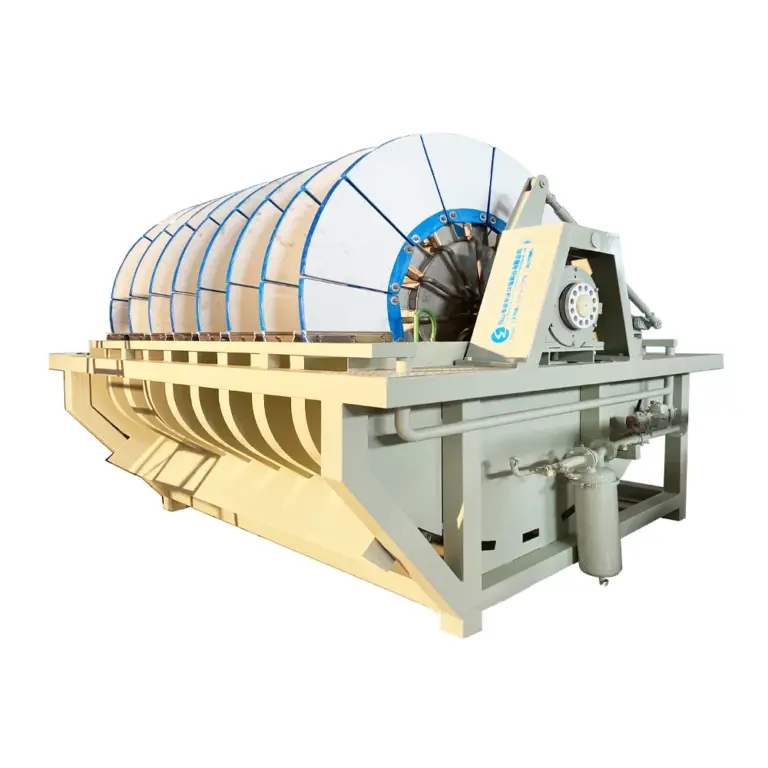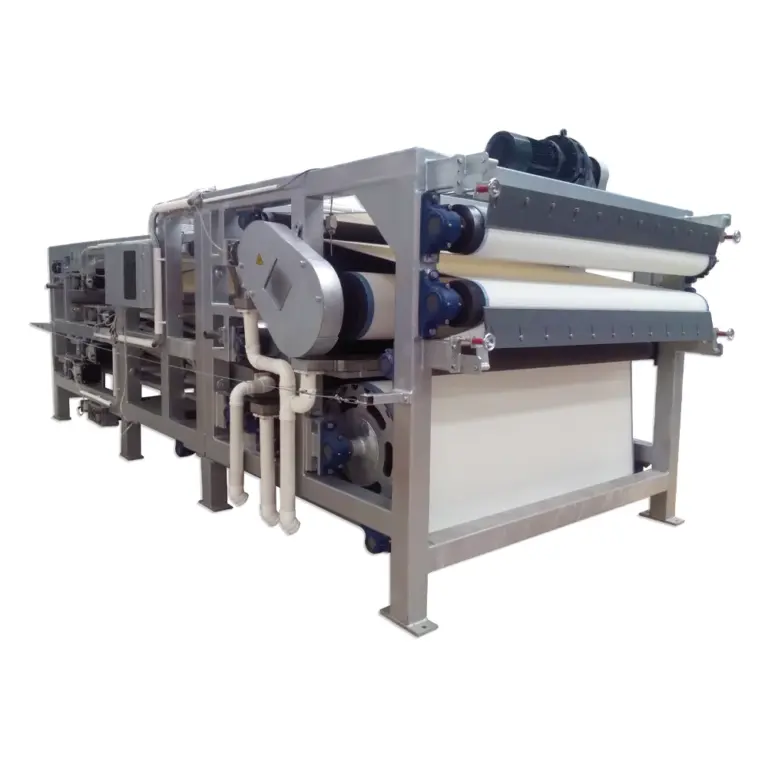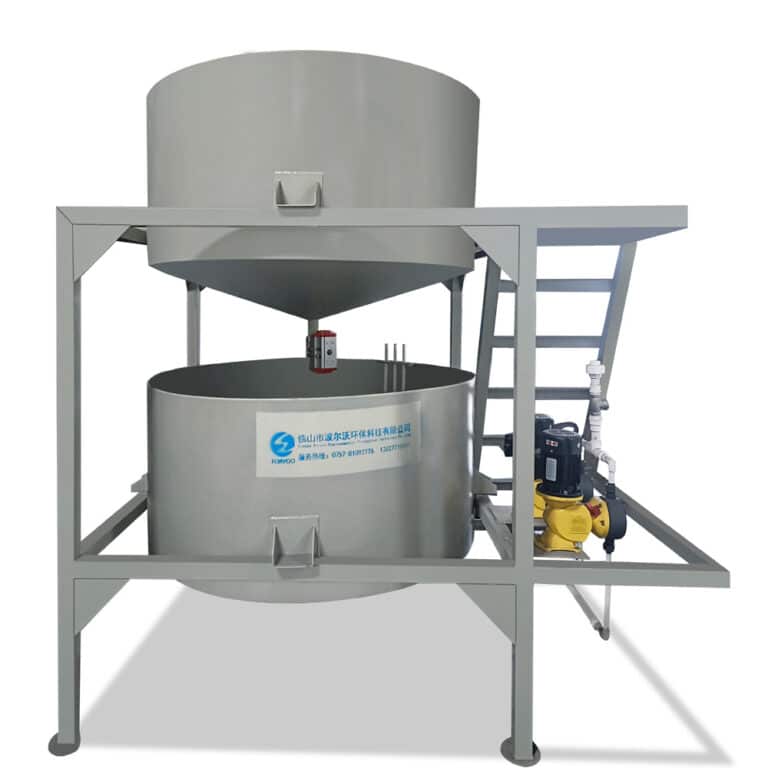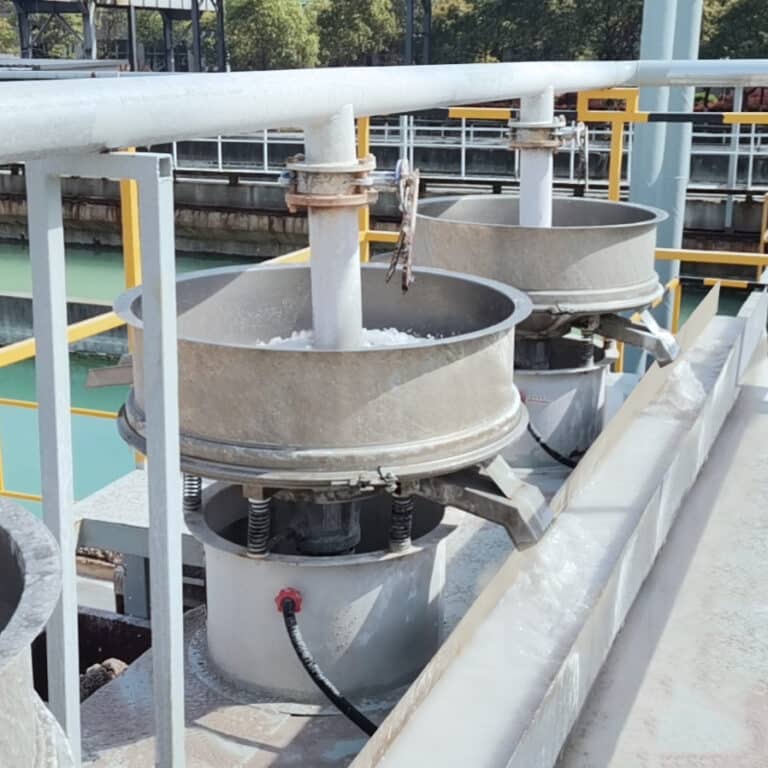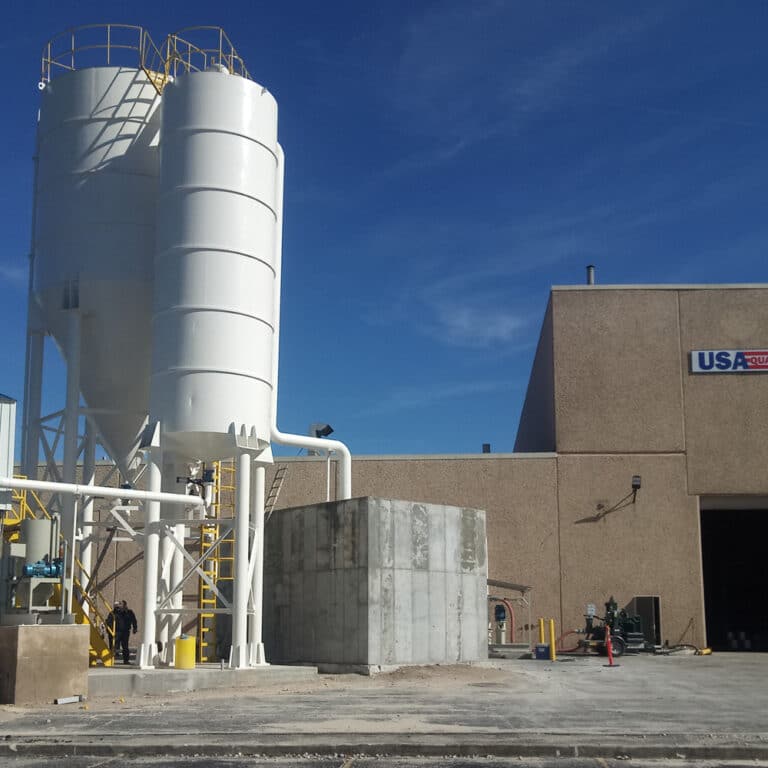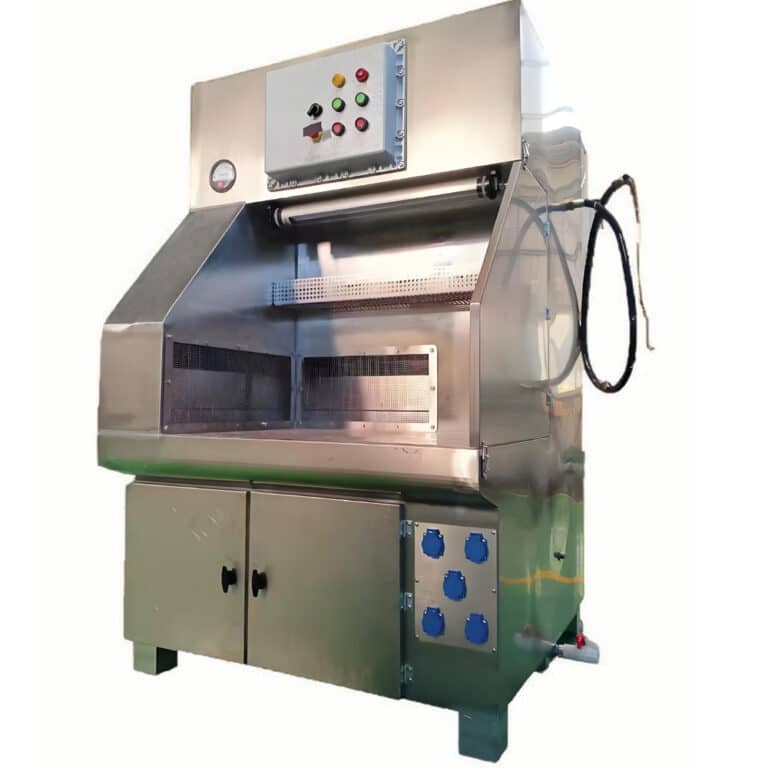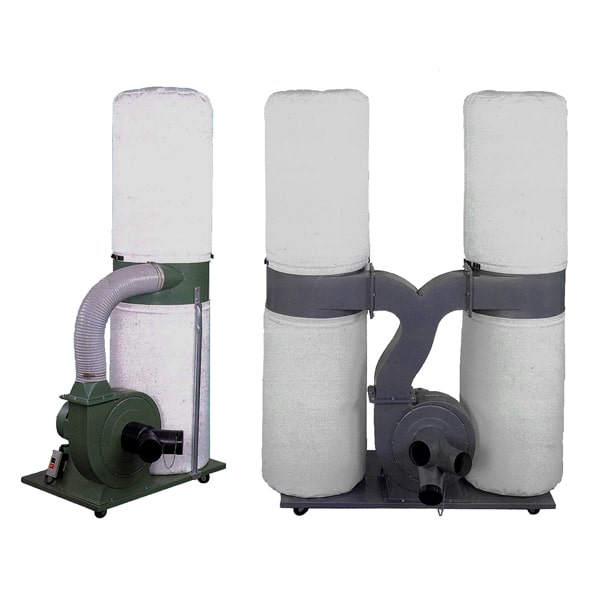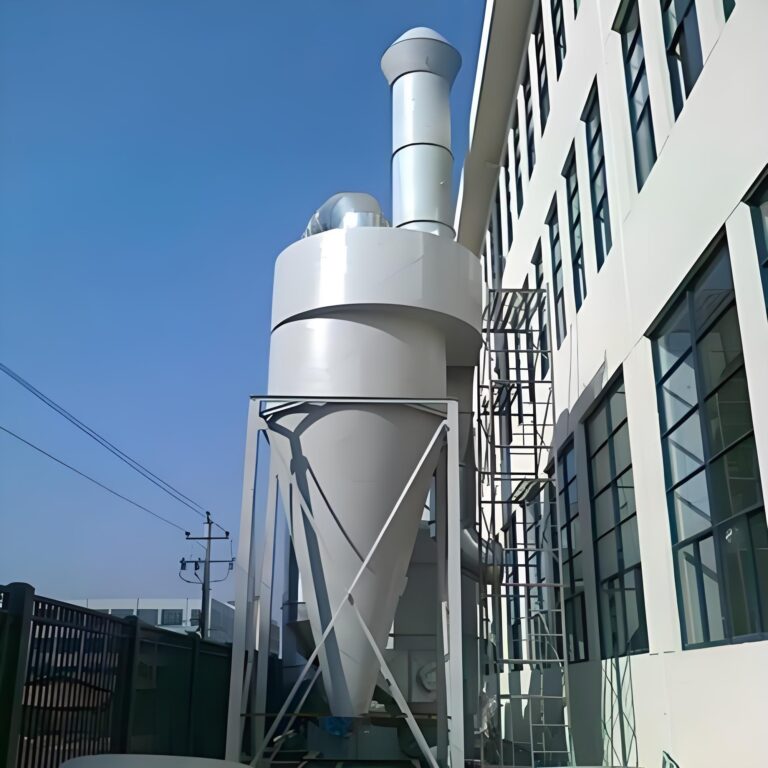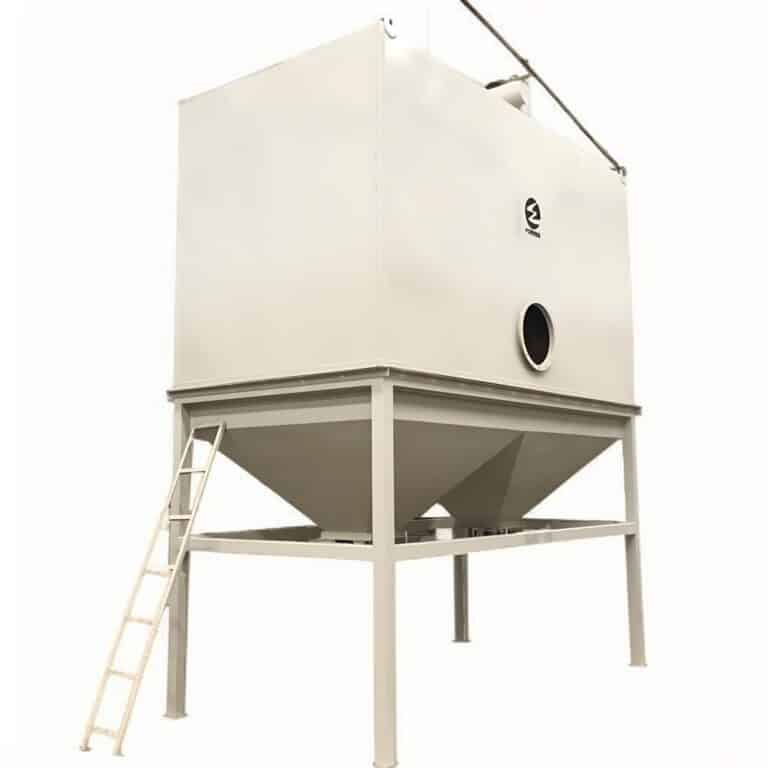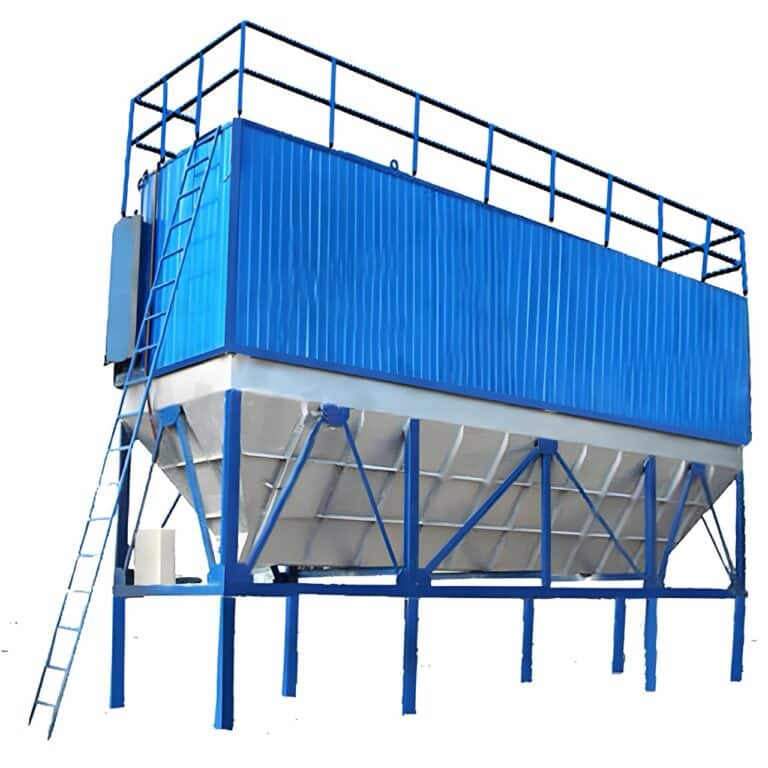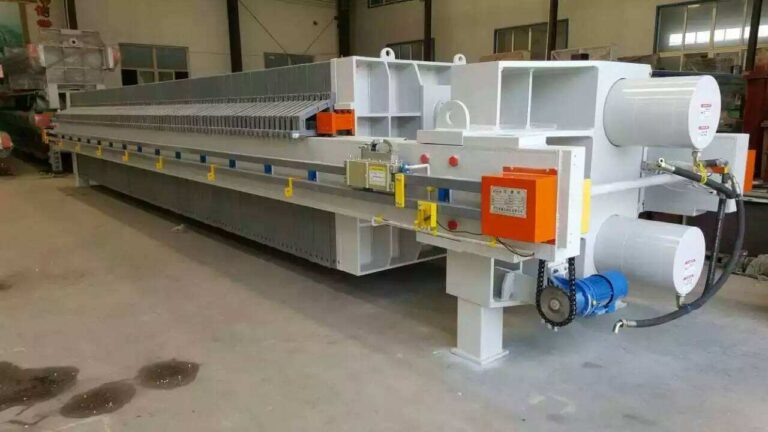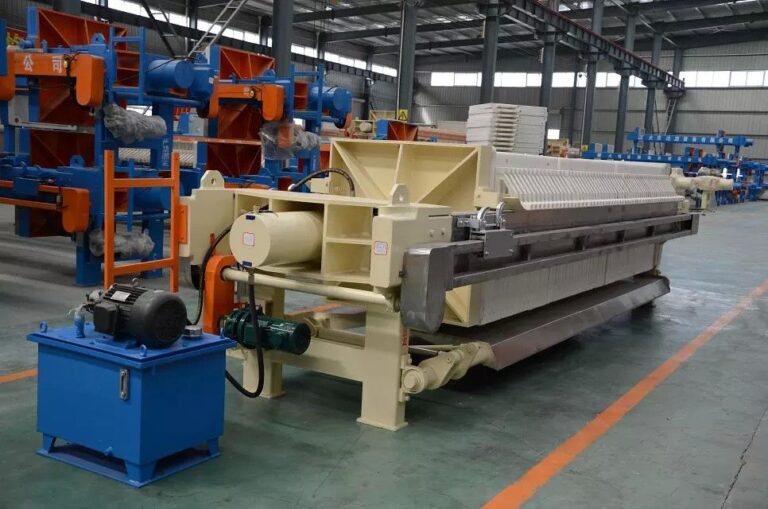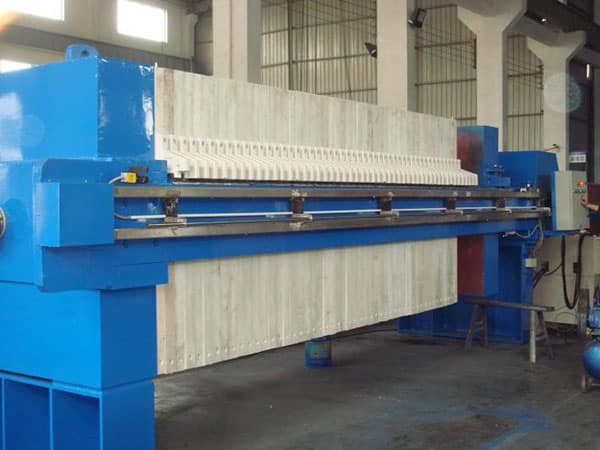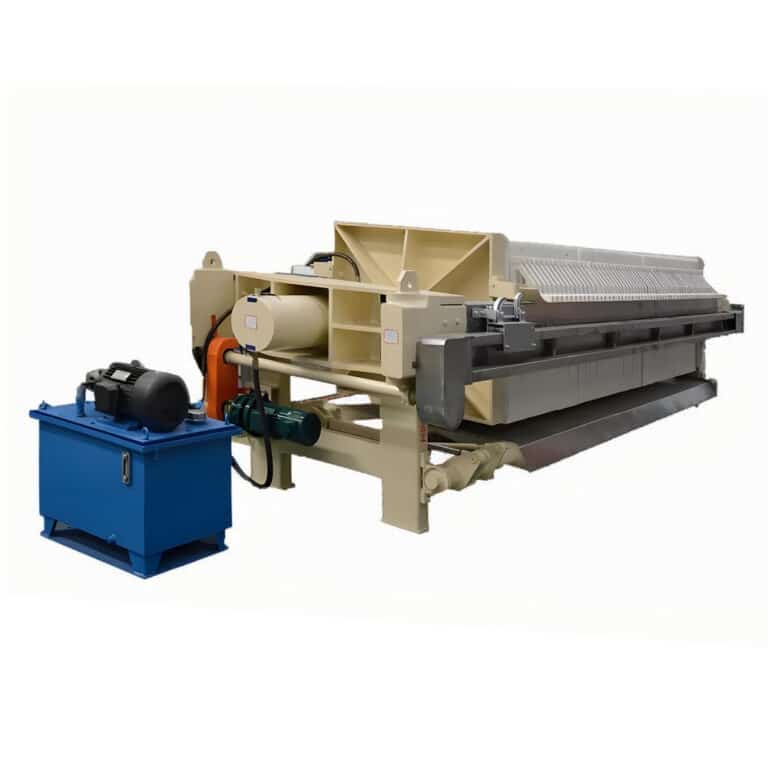Finding the right wastewater equipment suppliers can make or break your facility’s operational efficiency and regulatory compliance. With stricter environmental regulations and rising operational costs, businesses across industries face mounting pressure to implement reliable, cost-effective treatment solutions. Many facility managers struggle with identifying trustworthy suppliers who can deliver both quality equipment and ongoing support.
The consequences of choosing the wrong supplier extend far beyond initial costs. Equipment failures can lead to regulatory violations, environmental fines, and operational shutdowns that cost thousands daily. Poor supplier relationships often result in delayed maintenance, inadequate technical support, and compatibility issues that compound over time.
This comprehensive guide examines the leading wastewater equipment suppliers in today’s market, providing detailed insights into supplier selection criteria, technology trends, and proven strategies for building successful partnerships. We’ll explore how industry leaders like PORVOO Clean Tech are setting new standards for reliability and innovation in wastewater treatment solutions.
What Are Wastewater Equipment Suppliers and Why Are They Critical?
Wastewater equipment suppliers serve as the backbone of modern water treatment infrastructure, providing everything from basic filtration systems to sophisticated membrane bioreactors. These companies design, manufacture, and distribute the essential components that transform contaminated water into safe, compliant effluent.
The Scope of Modern Suppliers
Today’s suppliers operate across multiple specializations, each addressing specific treatment challenges. Primary equipment suppliers focus on mechanical systems like pumps, blowers, and mixers, while secondary suppliers specialize in biological treatment components. Advanced suppliers concentrate on tertiary treatment technologies, including UV disinfection, reverse osmosis, and advanced oxidation processes.
The industry has witnessed significant consolidation, with major suppliers expanding their portfolios through strategic acquisitions. This trend has created comprehensive solution providers capable of handling entire treatment trains, from preliminary screening to final discharge monitoring.
Critical Success Factors
Successful wastewater equipment suppliers demonstrate three key characteristics: technical expertise, manufacturing quality, and service reliability. Technical expertise encompasses both product knowledge and application engineering capabilities. Manufacturing quality involves consistent production standards and robust quality control processes. Service reliability includes prompt response times, comprehensive warranty coverage, and long-term parts availability.
| Supplier Category | Primary Focus | Typical Applications |
|---|---|---|
| OEM Manufacturers | Equipment design and production | Custom industrial systems |
| System Integrators | Complete solution delivery | Municipal treatment plants |
| Component Suppliers | Specialized equipment parts | Replacement and upgrades |
| Service Providers | Maintenance and support | Ongoing operations |
How to Choose the Right Water Treatment Equipment Suppliers?
Selecting appropriate water treatment equipment suppliers requires systematic evaluation across multiple criteria. The process begins with clearly defining your treatment requirements, including flow rates, contaminant types, and discharge standards.
Technical Capability Assessment
Evaluate suppliers based on their engineering capabilities and technology portfolio. Leading suppliers maintain in-house research and development teams that continuously innovate and improve their offerings. Look for suppliers with proven experience in your specific industry sector, as treatment requirements vary significantly between municipal, industrial, and commercial applications.
According to recent industry analysis, suppliers with dedicated R&D investments exceeding 5% of revenue demonstrate superior long-term performance and innovation capabilities. These companies consistently introduce new technologies and maintain competitive advantages in evolving markets.
Financial Stability and Market Position
Assess supplier financial health through public financial statements, credit ratings, and market position indicators. Established suppliers with strong balance sheets provide greater assurance of long-term support and parts availability. However, smaller specialized suppliers may offer more competitive pricing and personalized service for specific applications.
Service and Support Infrastructure
Comprehensive service networks distinguish leading suppliers from commodity providers. Evaluate suppliers’ service territories, response times, and technical support capabilities. The best suppliers maintain regional service centers with factory-trained technicians and comprehensive parts inventories.
“In our experience, the quality of post-installation support often matters more than initial equipment cost,” notes a senior engineer at a major chemical processing facility. “Suppliers who invest in service infrastructure demonstrate commitment to long-term customer relationships.”
What Types of Wastewater System Manufacturers Should You Know?
The wastewater system manufacturing landscape includes several distinct categories, each serving specific market segments and application requirements. Understanding these categories helps identify the most suitable partners for your projects.
Established Global Manufacturers
Large multinational manufacturers dominate the market for major treatment systems and infrastructure projects. These companies leverage economies of scale to offer competitive pricing on standard equipment while maintaining extensive service networks. Their product lines typically include comprehensive treatment trains suitable for municipal and large industrial applications.
Global manufacturers excel in standardized applications but may lack flexibility for unique requirements. They often require longer lead times but provide superior warranty coverage and parts availability.
Specialized Technology Providers
Niche manufacturers focus on specific treatment technologies or industry sectors. These companies often lead innovation in their specialties, developing cutting-edge solutions for challenging applications. Advanced wastewater treatment systems from specialized providers frequently incorporate proprietary technologies that deliver superior performance for specific contaminants.
Regional and Local Manufacturers
Regional manufacturers serve specific geographic markets, offering competitive pricing and personalized service. These companies understand local regulations, environmental conditions, and market preferences. They often provide faster response times and more flexible customization options compared to global manufacturers.
Local manufacturers may have limitations in technology breadth and service capacity, but they compensate with intimate knowledge of regional requirements and stronger customer relationships.
How Do Industrial Water Treatment Vendors Differ in Their Offerings?
Industrial water treatment vendors have evolved to serve increasingly sophisticated market demands, developing specialized offerings that address unique industry challenges. These differences significantly impact supplier selection and project success.
Technology Specialization
Modern industrial water treatment vendors typically specialize in specific treatment technologies or process approaches. Biological treatment specialists focus on activated sludge, membrane bioreactors, and advanced biological nutrient removal systems. Physical-chemical treatment vendors emphasize clarification, filtration, and separation technologies.
Advanced treatment specialists concentrate on emerging technologies like membrane distillation, electrochemical treatment, and advanced oxidation processes. These vendors often command premium pricing but deliver superior performance for challenging applications.
Industry Vertical Focus
Many vendors have developed deep expertise in specific industry sectors, understanding unique treatment challenges and regulatory requirements. Pharmaceutical industry vendors excel in high-purity water systems and stringent quality control requirements. Food and beverage specialists understand sanitary design principles and CIP/SIP compatibility.
| Industry Sector | Key Treatment Requirements | Specialized Vendors |
|---|---|---|
| Pharmaceutical | High purity, validation protocols | 15-20 specialized vendors |
| Food & Beverage | Sanitary design, organic removal | 25-30 focused suppliers |
| Chemical Processing | Hazardous waste, complex chemistry | 10-15 specialized providers |
| Power Generation | High volume, thermal considerations | 8-12 major suppliers |
Service Model Variations
Industrial vendors offer different service models ranging from equipment-only sales to comprehensive operation and maintenance contracts. Traditional equipment vendors focus on product sales with basic commissioning support. Full-service vendors provide design-build-operate solutions that include ongoing performance guarantees.
Build-own-operate vendors represent the most comprehensive service model, maintaining equipment ownership while providing treatment services under long-term contracts. This approach transfers operational risk to vendors while ensuring consistent performance.
However, comprehensive service models typically require higher initial investments and may limit operational flexibility. Companies should carefully evaluate their internal capabilities and risk tolerance when selecting service models.
What Should You Look for in Effluent Treatment Suppliers?
Effluent treatment suppliers must demonstrate capabilities across multiple technical and operational dimensions. The most critical factors include regulatory compliance expertise, treatment performance guarantees, and operational reliability.
Regulatory Compliance Expertise
Effective effluent treatment suppliers maintain current knowledge of applicable regulations and permit requirements. They understand permit application processes, monitoring requirements, and reporting obligations. Leading suppliers often employ dedicated regulatory specialists who assist customers with compliance strategies.
Recent regulatory trends emphasize emerging contaminants, nutrient removal, and energy efficiency. Suppliers who stay ahead of regulatory developments help customers avoid costly retrofits and compliance issues.
Performance Guarantee Capabilities
Reputable suppliers offer meaningful performance guarantees that address both treatment efficiency and operational reliability. These guarantees typically cover effluent quality parameters, energy consumption, and equipment availability. However, guarantee terms vary significantly between suppliers, making careful evaluation essential.
Performance guarantees should include clearly defined testing protocols, measurement methods, and remedy procedures. The best suppliers back their guarantees with comprehensive insurance coverage and established reserve funds.
Operational Support Services
Comprehensive operational support distinguishes leading effluent treatment suppliers from commodity providers. This support includes operator training, preventive maintenance programs, and emergency response services. Advanced suppliers offer remote monitoring capabilities and predictive maintenance programs that minimize unplanned downtime.
A major automotive manufacturer recently reported 15% reduction in operational costs after partnering with a supplier offering comprehensive operational support services. The supplier’s proactive maintenance approach prevented three major equipment failures that could have resulted in production shutdowns.
How to Navigate Wastewater Equipment Directories Effectively?
Modern wastewater equipment directories serve as essential resources for identifying and evaluating potential suppliers. However, effective directory navigation requires understanding directory limitations and developing systematic evaluation approaches.
Directory Types and Characteristics
Industry directories range from comprehensive databases maintained by trade associations to specialized platforms focused on specific technologies. Trade association directories typically provide basic supplier information but may lack detailed performance data. Commercial directories often include user reviews and comparative information but may favor paying advertisers.
Government procurement databases offer valuable insights into supplier performance and contract history. These databases frequently include performance ratings, delivery statistics, and compliance records that provide objective supplier evaluations.
Evaluation Criteria and Filters
Effective directory searches require well-defined evaluation criteria and systematic filtering approaches. Key criteria include geographic location, technology specialization, company size, and certification status. Advanced directories allow filtering by specific capabilities, industry experience, and customer references.
Verification and Due Diligence
Directory information should be verified through independent sources and direct supplier contact. Reference checks with existing customers provide valuable insights into supplier performance and reliability. Financial verification through credit agencies helps assess supplier stability and long-term viability.
What Are the Latest Trends Among Leading Suppliers?
The wastewater equipment supply industry is experiencing rapid transformation driven by technological innovation, regulatory changes, and evolving customer expectations. Understanding these trends helps identify forward-thinking suppliers and emerging opportunities.
Digital Integration and Smart Systems
Leading suppliers are integrating digital technologies throughout their offerings, from smart sensors and automated controls to cloud-based monitoring and predictive analytics. These modern wastewater treatment systems provide real-time performance data and automated optimization capabilities that significantly improve operational efficiency.
Industry research indicates that digital integration can improve treatment efficiency by 20-30% while reducing operational costs by 15-25%. Suppliers investing in digital capabilities position themselves for long-term competitive advantage.
Sustainability and Energy Efficiency
Environmental sustainability has become a primary differentiator among leading suppliers. Companies are developing energy-efficient equipment, renewable energy integration, and resource recovery technologies. Advanced suppliers offer comprehensive sustainability assessments and carbon footprint reduction strategies.
The trend toward circular economy principles is driving innovation in resource recovery technologies. Leading suppliers now offer integrated systems that recover valuable materials like phosphorus, nitrogen, and even clean water from wastewater streams.
Modular and Scalable Solutions
Modern suppliers increasingly offer modular system designs that provide flexibility and scalability. These approaches allow customers to implement treatment systems in phases, matching capacity expansion with business growth. Modular designs also facilitate maintenance and technology upgrades without complete system replacement.
“The shift toward modular systems reflects our customers’ need for operational flexibility and capital efficiency,” explains a senior product manager at a leading equipment manufacturer. “Customers want solutions that can adapt to changing requirements without massive reinvestment.”
Conclusion
Selecting the right wastewater equipment suppliers requires careful evaluation of technical capabilities, service offerings, and long-term partnerships potential. The most successful supplier relationships combine technical excellence with comprehensive support services and demonstrated reliability. Leading suppliers distinguish themselves through continuous innovation, regulatory expertise, and customer-focused service models.
The industry’s evolution toward digital integration, sustainability, and modular solutions creates new opportunities for improved performance and operational efficiency. Companies that partner with forward-thinking suppliers position themselves to benefit from emerging technologies and evolving best practices.
As regulatory requirements continue evolving and operational demands increase, the importance of strategic supplier partnerships will only grow. Organizations should prioritize suppliers who demonstrate commitment to innovation, comprehensive support capabilities, and long-term relationship development.
Consider exploring comprehensive treatment solutions that combine proven technology with modern digital capabilities. The right supplier partnership can transform wastewater treatment from a compliance burden into a competitive advantage through improved efficiency, reduced costs, and enhanced environmental performance.
What factors will be most important in your supplier selection process, and how will you balance technical capabilities with service requirements?
Frequently Asked Questions
Q: What are the primary types of equipment offered by wastewater equipment suppliers?
A: Wastewater equipment suppliers offer a wide array of equipment, including biological treatment systems, filtration systems, disinfection devices, aeration systems, monitoring and control equipment, and sludge collection machinery. These systems are designed to serve various industries such as agriculture, food processing, oil and gas, mining, construction, and energy.
Q: How do I find reliable wastewater equipment suppliers in a directory?
A: To find reliable suppliers, look for directories that provide comprehensive reviews and profiles of companies. Key factors to consider include the supplier’s experience, product variety, customer service, and reviews from past clients. Additionally, check if the suppliers can customize equipment to meet specific needs and provide ongoing support.
Q: What are the benefits of using a directory for wastewater equipment suppliers?
A: Using a directory for wastewater equipment suppliers offers several benefits:
- Easy Comparison: Directly compare different suppliers based on their offerings and customer reviews.
- Customization Options: Find suppliers that can tailor equipment to fit specific wastewater treatment needs.
- Access to Expertise: Connect with suppliers who have extensive experience in various industries, ensuring that the equipment is suitable for different applications.
- Efficient Time Management: Streamline the process of finding and contacting suppliers.
Q: How important is customer service in choosing a wastewater equipment supplier?
A: Customer service is crucial when selecting a wastewater equipment supplier. Look for suppliers that offer prompt support, maintenance services, and technical assistance. Good customer service ensures that any issues with the equipment are addressed quickly, minimizing downtime and ensuring continuous operation.
Q: What role do reviews play in evaluating wastewater equipment suppliers?
A: Reviews are essential for evaluating wastewater equipment suppliers as they provide insights into a supplier’s reliability, product quality, and customer satisfaction. Reviews can help identify suppliers with a history of delivering high-quality equipment and excellent customer service, guiding your decision-making process.
Q: How can I ensure that the wastewater equipment I purchase is cost-effective?
A: To ensure cost-effectiveness, consider the following:
- Initial Cost vs. Long-Term Savings: While cheaper equipment might save money upfront, it may not be efficient in the long run. Look for equipment that offers long-term savings through reduced energy consumption or maintenance costs.
- Customization: Work with suppliers who can customize equipment to meet specific needs, potentially reducing unnecessary expenses.
- Supplier Reputation: Choose suppliers known for delivering high-quality products that last longer, reducing the need for frequent replacements.
External Resources
- Wastewater Treatment Supplies Manufacturers and Suppliers – Thomasnet – Comprehensive directory of wastewater treatment equipment suppliers, including company profiles, product listings, and customer reviews for various manufacturers and distributors in the USA.
- Wastewater Evaporator Suppliers – IQS Directory – A searchable directory focusing on wastewater evaporator equipment suppliers, with company overviews, contact information, user reviews, and detailed product information.
- Wastewater Treatment Systems Suppliers in Georgia – Thomasnet – Lists wastewater equipment suppliers and system integrators in Georgia, with descriptions of products, services offered, and company reviews.
- Wastewater Supply – Supplier directory and resource portal offering a broad selection of wastewater treatment equipment from leading manufacturers, along with expert advice and educational content.
- Wastewater Environmental Systems, LLC Reviews – Angi – User-generated reviews and ratings for a wastewater equipment supplier, with feedback on service quality and reliability.
- Wastewater Equipment Manufacturers Association (WEMA) – Industry association site featuring a directory of wastewater equipment manufacturers and suppliers, including company profiles and resource links for comparing products and services.
